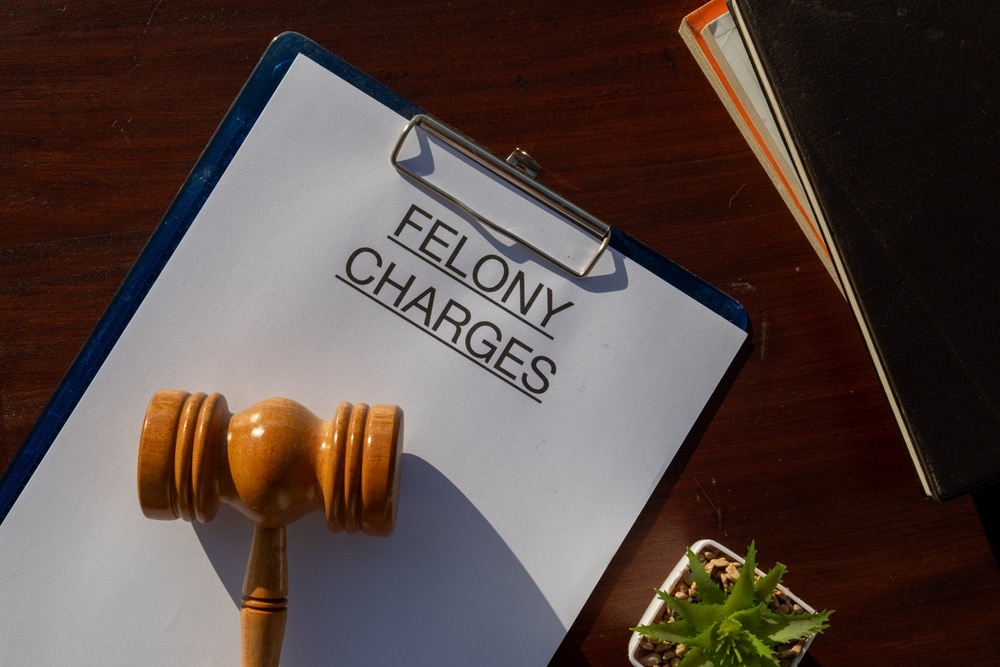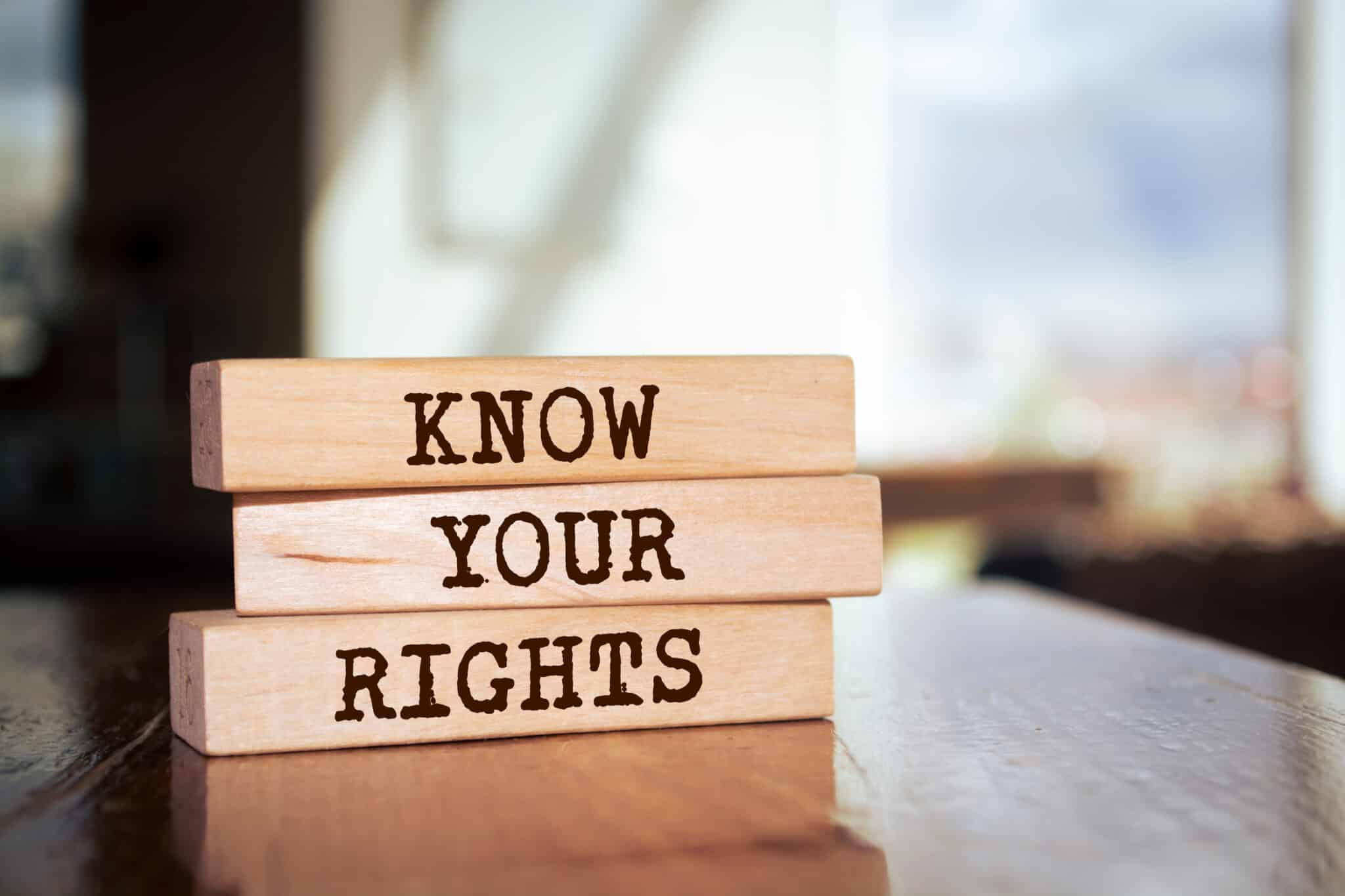Understanding Illinois Hate Crime Enhancement Penalties and Legal Defenses
In Chicago, Illinois, hate crimes are treated with heightened severity due to their impact on individuals and communities. A hate crime enhancement can significantly increase penalties for offenses motivated by bias against specific protected characteristics. If you are facing such charges in Chicago, you can explore the legal framework and available defenses to protect your rights and achieve a fair outcome. A criminal defense lawyer from the Law Offices of Andrew Weisberg in Chicago, knows how these enhancements work and can fight to protect your future.
Hate Crime Enhancement Penalties in Illinois
Under 720 ILCS 5/12-7.1, a person commits a hate crime when they commit specific offenses against another individual because of bias or hostility toward that person’s protected characteristic. Protected characteristics include:
- Race or ethnicity: Targeting individuals based on their racial or ethnic background.
- Religion: Acts motivated by bias against a person’s faith or religious practices.
- Sexual orientation: Crimes driven by prejudice against a person’s sexual orientation.
- Gender or gender identity: Offenses targeting individuals based on their gender or gender expression.
- Disability: Crimes directed at individuals due to physical or mental disabilities.
- National origin: Acts motivated by bias against a person’s country of origin.
- Ancestry: Targeting individuals based on their familial or cultural heritage.
When an offense becomes a hate crime, Illinois law allows for penalty enhancements. This means the consequences are more severe than for the underlying crime alone. The enhancement depends on the nature of the offense and its category as a misdemeanor or felony.
Misdemeanor Hate Crimes
If the underlying offense is a misdemeanor, such as disorderly conduct or criminal trespass, a hate crime enhancement elevates it to a Class A misdemeanor, punishable by:
- Periodic imprisonment or less than a year in jail
- Fines up to $2,500
- Up to two years’ probation or conditional discharge
For example, a simple battery motivated by racial bias could be charged as a hate crime, subjecting the defendant to the maximum penalties for a Class A misdemeanor.

Felony Hate Crimes
When the underlying offense is a felony, such as aggravated battery or criminal damage to property, the hate crime enhancement increases the severity by one class. For instance:
- A Class 4 felony carries 1–3 years in prison and may be elevated to a Class 3 felony, which attracts 2–5 years in prison.
- A Class 3 felony could become a Class 2 felony (3–7 years in prison).
- Fines for felony hate crimes can reach $25,000, in addition to potential restitution to the victim.
In severe cases, such as hate crimes involving murder or significant bodily harm, penalties can escalate to extended-term sentences. This can range from 7 to 30 years or more, depending on the circumstances.
Beyond jail time and fines, a hate crime conviction carries long-term consequences such as:
- Criminal record: A conviction can limit employment opportunities, housing options, and professional licenses.
- Civil penalties: Victims may pursue civil lawsuits, seeking damages for emotional distress.
- Community impact: A conviction may lead to public stigma, affecting personal and professional relationships.
These enhancements reflect how the Illinois justice system is committed to addressing bias-motivated crimes. However, the increased penalties highlight the importance of mounting a robust criminal defense to challenge the evidence and mitigate or avoid these consequences.
Legal Defenses Against Hate Crime Enhancements
Facing a hate crime charge in Illinois requires a strategic defense tailored to the specific details of the case. An experienced Chicago criminal defense attorney can explore several defenses to challenge the hate crime enhancement or the underlying offense. Common strategies include:
- Challenging the Bias Motivation: This involves arguing that the offense was not driven by bias but by unrelated factors, such as a personal dispute or misunderstanding.
- Questioning the Evidence: Defense may challenge the admissibility of evidence, arguing it was obtained unlawfully or is unreliable.
- Constitutional Protections: Hate crime laws sometimes raise First Amendment concerns, particularly when the alleged bias involves speech or expression. Defense may argue that the defendant’s actions or statements are protected speech and do not constitute a criminal act.
- Mitigating Circumstances: If a conviction is likely, a defense attorney may present mitigating factors to reduce penalties, such as the defendant’s lack of prior criminal history or efforts to make amends with the victim.
Because hate crime allegations carry enhanced penalties and broader social consequences, representation by a Chicago criminal defense lawyer is indispensable. A strong defense requires meticulous review of the evidence, identification of weaknesses in the prosecution’s case, and strategic advocacy both in and outside the courtroom.

Protect Your Rights in Chicago Hate Crime Cases
Facing a hate crime allegation in Chicago means that your freedom, reputation, and future are on the line. The Law Offices of Andrew Weisberg provides dedicated defense for individuals charged with serious crimes in Chicago, including cases involving hate crime enhancements. Our firm works diligently to ensure that clients receive a fair trial. If you have been charged with a hate crime in Chicago, get a confidential consultation today. Don’t delay, call us at 773-909-9811.







 Blog Home
Blog Home 










